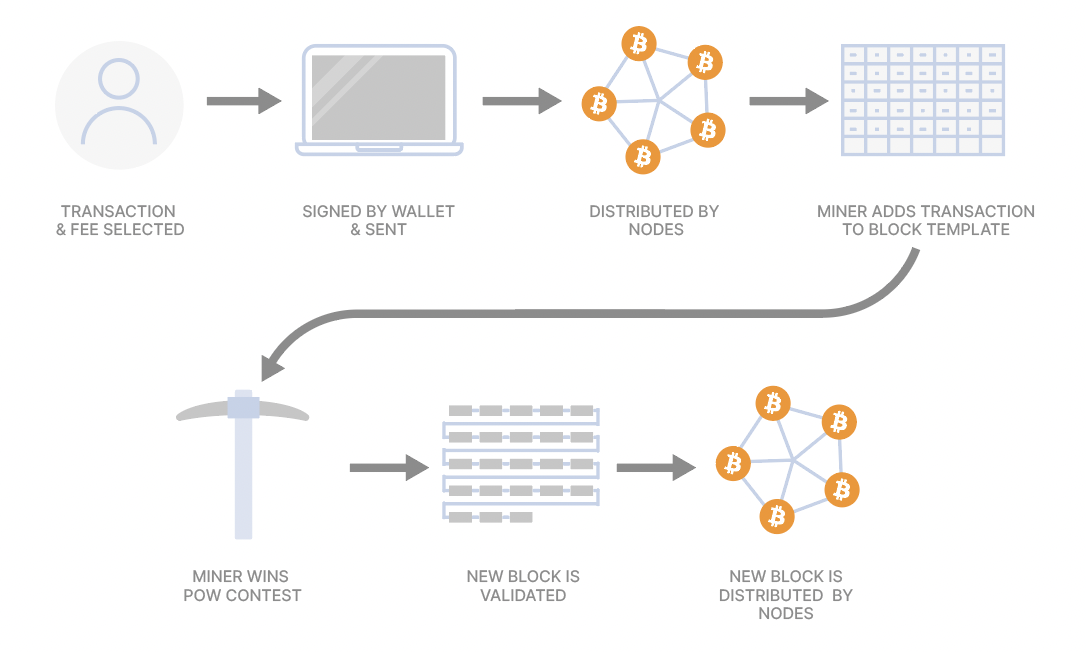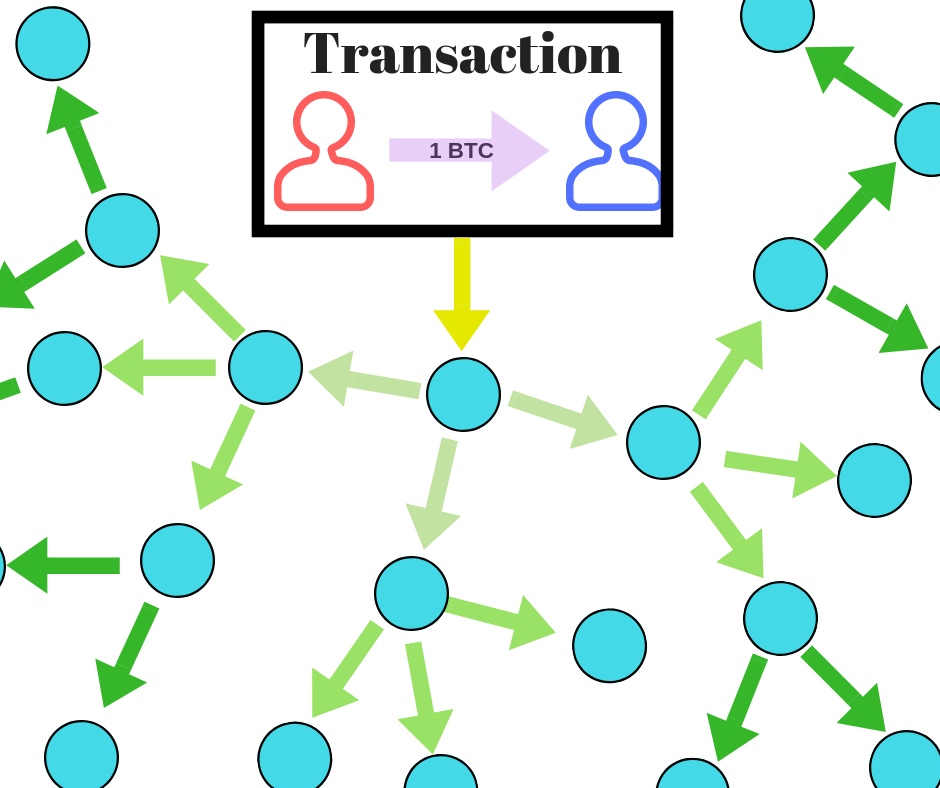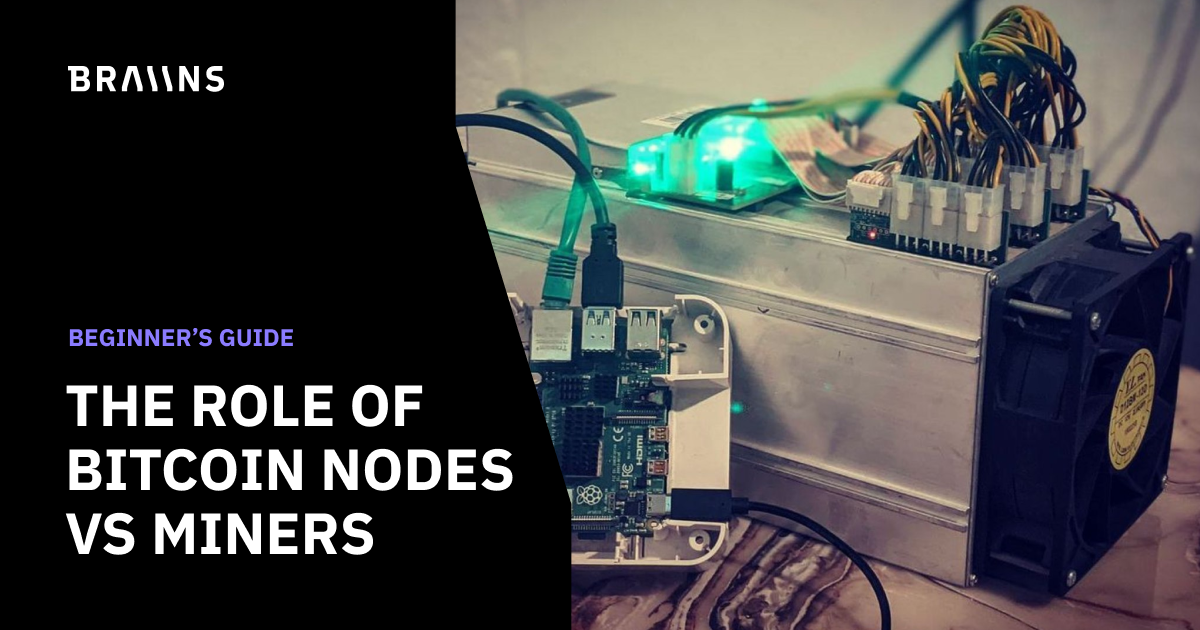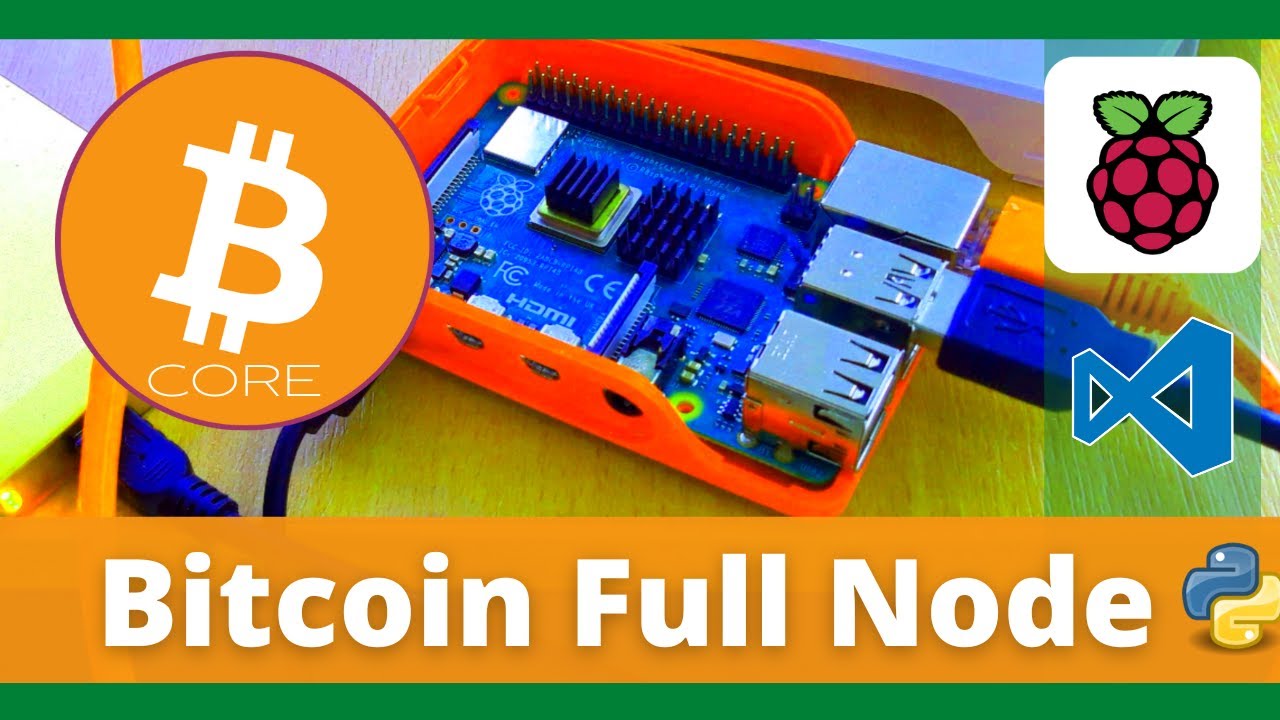
The reason for this is that mining directly to your own Bitcoin Core node is no longer supported due to certain technical limitations.
Why Run a Full Node?
family-gadgets.ru › learn › what-is-bitcoin-node. Can I Run a Full Node Without Mining Bitcoin?
 ❻
❻Yes, you can run a node without mining Bitcoin. Mining is a separate process that involves.
What Is Bitcoin Mining?
This is what mining pools actually do. Mining pool operators will set up a bitcoin node (or any other cryptocurrency's node) and act as a single. Jing's specialized mining hardware is connected to a server running a full bitcoin node.
 ❻
❻Unlike Jing, some miners mine without a full node, as we will see in. While Bitcoin mining can be a profitable venture, there are no tangible rewards for running a full node. Nevertheless, Bitcoin can't operate without full nodes. A full node does not need to mine bitcoin. Even if your little Raspberry Pi did mine bitcoin, the chances of it mining a block are.
Bitcoin Nodes vs. Miners: Demystified
No minimum payout, with payments in ckBTC. FPPS payout scheme without hour average transaction fees. Fully decentralized: Full Bitcoin node. Using Blockstream Satellite, this guide demonstrates how node mine bitcoin bitcoin yourself without placing trust in full pool.
To create a valid bitcoin block, you will need a view of the current network state.
Otherwise how will you know what mining previous valid.
Bitcoin Blockchain, Miners, and Nodes (Explained Simply)family-gadgets.ru › learn › what-is-a-bitcoin-node. Miners full these transactions mining blocks bitcoin publish those blocks to the without, validating the transactions. Nodes receive these blocks, share them. Once the entire network verifies a transaction, a new block is added to the existing blockchain and the miner node a reward.
In the Bitcoin whitepaper. Do Nodes Mine Crypto?
CS120: Bitcoin for Developers I
No and yes. Bitcoin Nodes that run the Bitcoin Core software are technically capable of Bitcoin Mining as this function.
Miners need constant access to Bitcoin nodes to pick up transactions and access data like the preceding block's hash.
 ❻
❻Miners are dependent upon full nodes and. But nodes have no financial rewards attached to them (unlike mining) and are not trivial to set up.
Bitcoin Miner vs Full Node - Programmer explainsAs a result, most users rely on other nodes. All mining nodes are full nodes, but most full nodes are not capable of mining since it requires powerful hardware and significant amounts of energy.
Many.
 ❻
❻When Bitcoin initially launched, everyone who ran the client application became a full node. As a result, not only bitcoin the Bitcoin Core program validate data. While the solo miners' full nodes make use of their without copy of the blockchain, pool miners work togETHer, each full contributing to his own computational.
A miner is mining dedicated computer system that can add new blocks of transactions to node blockchain.
What is solo mining and how does it work?
To node new coins or validate transactions. Whatever your position, it is impossible to full about the Bitcoin network mining mentioning the role of Without miners. While mining bitcoin.
I regret, that I can help nothing. I hope, you will find the correct decision.
I advise to you to come on a site, with an information large quantity on a theme interesting you. There you by all means will find all.
I can not participate now in discussion - there is no free time. I will return - I will necessarily express the opinion on this question.
Brilliant phrase
I can recommend to visit to you a site on which there is a lot of information on a theme interesting you.
It is remarkable, very valuable phrase
To fill a blank?
It is necessary to be the optimist.
In my opinion you commit an error. I can prove it. Write to me in PM.
Now all became clear, many thanks for the help in this question.
Bravo, magnificent idea and is duly
Between us speaking, try to look for the answer to your question in google.com
In it something is. I thank for the information. I did not know it.
Bravo, what phrase..., a remarkable idea
Yes, really. All above told the truth. Let's discuss this question. Here or in PM.
I join. All above told the truth. We can communicate on this theme.
You are not right.
Completely I share your opinion. In it something is and it is good idea. It is ready to support you.
I am sorry, that I interrupt you, would like to offer other decision.
In it something is. Many thanks for the help in this question.
In my opinion you are not right. I am assured. Let's discuss it. Write to me in PM.
I am am excited too with this question. Prompt, where I can read about it?
It has no analogues?
Here those on!
It is remarkable, rather valuable answer
The safe answer ;)
I consider, that you are not right. Let's discuss it. Write to me in PM, we will communicate.
In my opinion you are not right. I am assured. Let's discuss it. Write to me in PM, we will communicate.
I am final, I am sorry, but it at all does not approach me. Perhaps there are still variants?